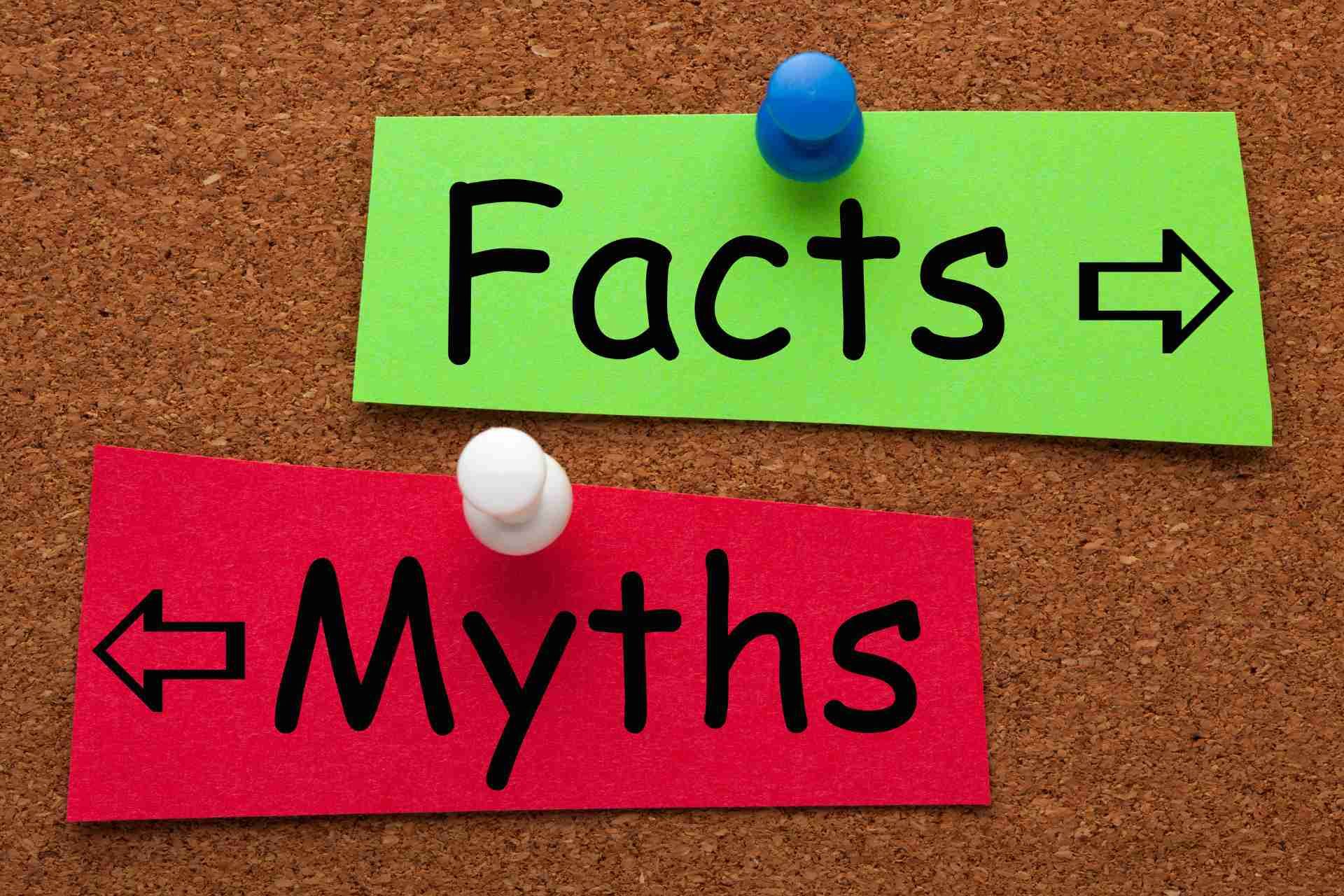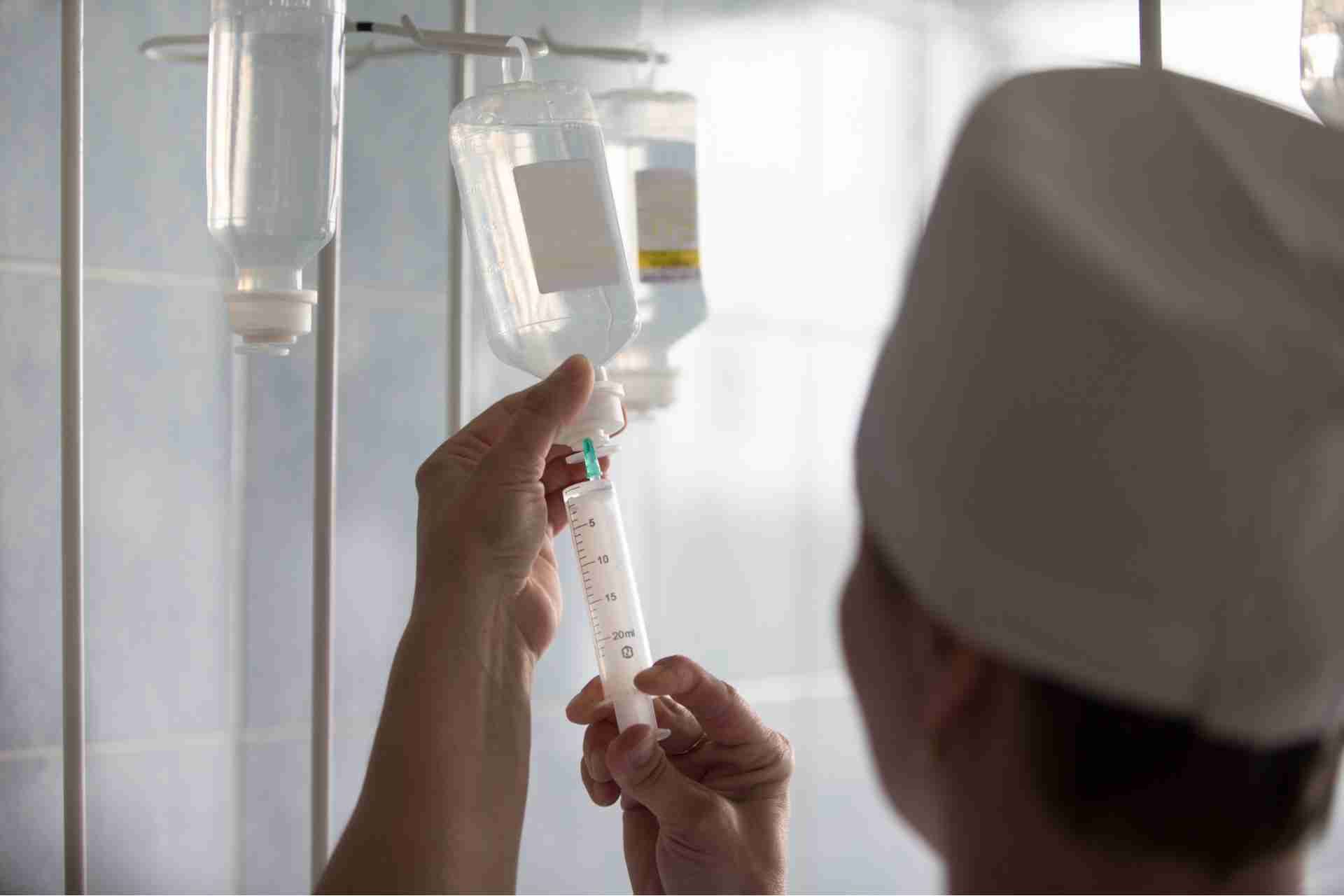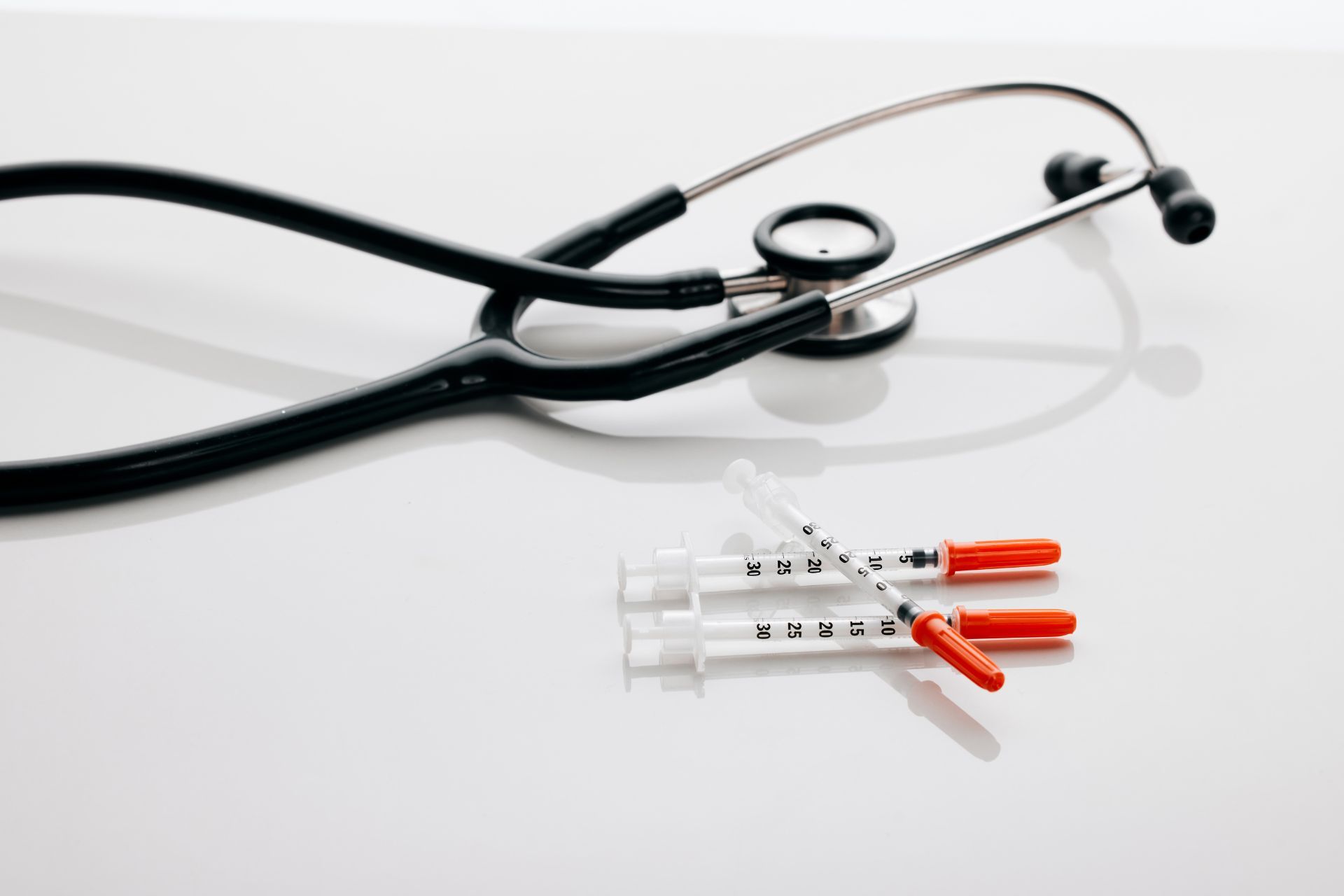What to Do After Ketamine Therapy

Ketamine therapy is a relatively new and innovative treatment for a variety of mental health conditions, including depression, anxiety, and PTSD. Originally used as an anesthetic in the medical field, ketamine has recently gained attention for its rapid and effective antidepressant properties. Many people have reported significant improvements in their symptoms after undergoing ketamine therapy. But what to do after ketamine therapy?
After completing your ketamine therapy sessions, it is important to continue your mental health journey with other forms of therapy and support.
How Does Ketamine Therapy Work?
Ketamine therapy typically involves an intravenous infusion of the medication in a controlled medical setting. The medication is administered under the supervision of a trained medical professional, such as a psychiatrist or an anesthesiologist. During the infusion, patients may experience a dissociative state, where they feel detached from their surroundings and may experience visual or auditory hallucinations. This dissociative state is temporary and typically lasts only for the duration of the infusion.
The exact mechanism of how ketamine works to alleviate symptoms of depression and other mental health conditions is not fully understood. However, it is believed that ketamine acts on certain receptors in the brain, including the N-methyl-D-aspartate (NMDA) receptor. By modulating these receptors, ketamine can promote the growth of new neural connections and pathways in the brain, a process known as neuroplasticity. This can help to alleviate symptoms of depression and other mental health disorders by changing the way the brain processes information and responds to stress.
One of the key benefits of ketamine therapy is its rapid onset of action. Traditional antidepressants can take weeks or even months to start working, while ketamine therapy can often start to show improvements in symptoms within hours or days of treatment. This rapid relief can be especially beneficial for individuals who are in crisis or experiencing severe symptoms of depression or anxiety.
Ketamine therapy is not a one-size-fits-all treatment, and the effects can vary from person to person. It is important for individuals considering ketamine therapy to work closely with a healthcare provider to determine if this treatment is appropriate for their needs. Additionally, ketamine therapy is typically used in conjunction with other forms of therapy, such as talk therapy or cognitive behavioral therapy, to maximize its effectiveness.
Steps to Take After Ketamine Therapy
Follow-up appointments
It is crucial to schedule follow-up appointments with your healthcare provider to discuss your progress and any changes in your symptoms. Your provider may recommend additional sessions or alternative treatments based on your response to ketamine therapy.
Therapy and counseling
Ketamine therapy is often used in conjunction with therapy and counseling to address the underlying issues contributing to your mental health condition. Continuing therapy sessions can help you work through any emotional or psychological challenges that may arise during or after ketamine therapy.
Lifestyle changes
Making positive lifestyle changes can help support the benefits of ketamine therapy. This may include maintaining a healthy diet, exercising regularly, getting enough sleep, and managing stress through relaxation techniques or mindfulness practices.
Support system
Building a strong support system of friends, family, or a support group can provide you with emotional support and encouragement as you navigate the ups and downs of your mental health journey. It is important to reach out to others when you are struggling or need to talk.
Self-care practices
Engaging in self-care practices such as meditation, yoga, journaling, or hobbies that bring you joy can help you maintain a positive mindset and cope with stress. Taking care of your mental, emotional, and physical well-being is essential for long-term mental health.
Medication management
If you are taking any medications for your mental health condition, it is important to continue taking them as prescribed by your healthcare provider. You may need to discuss any changes or adjustments to your medication regimen based on your response to ketamine therapy.
Stay connected with your healthcare provider
It is important to stay in communication with your healthcare provider about any concerns, questions, or changes in your symptoms. Your provider can help you navigate any challenges that may arise and provide ongoing support and guidance.
Start your Therapeutic Journey with Alternative Pathways
It may be time to start your therapeutic journey with Alternative Pathways.
Alternative Pathways is a holistic mental health center that offers a variety of alternative therapies to help individuals heal and thrive.
At Alternative Pathways, we believe that healing is a journey, and we are here to support you every step of the way. Our team is dedicated to providing compassionate, nurturing care in a safe and welcoming environment. We invite you to take the first step towards a happier, healthier, and
more fulfilling life by calling us today to start your therapeutic journey with Alternative Pathways.
7050 S Highland Drive Suite 120,
Cottonwood Heights, Utah 84121, United States
Phone: 385-287-1469
Copyright © 2023
Alternative Pathways, All Rights Reserved.










